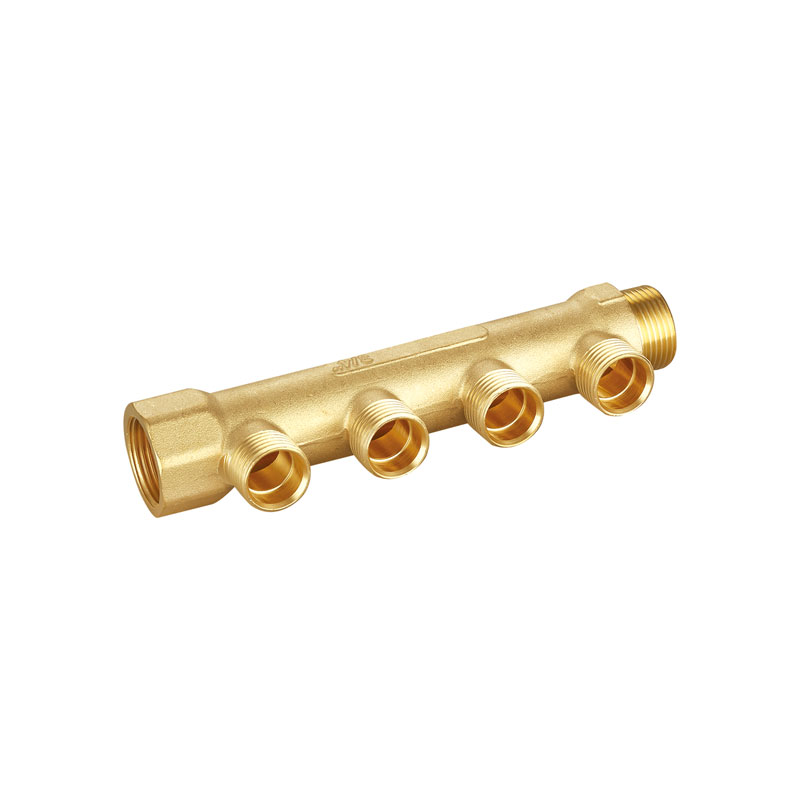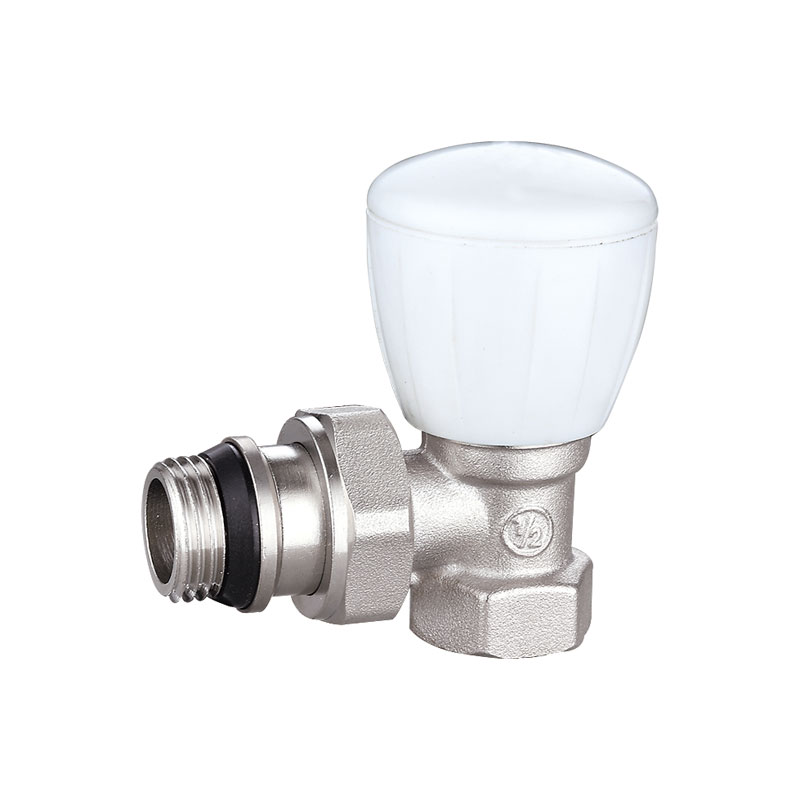In the world of plumbing and fluid control, the choice of materials plays a crucial role in ensuring the longevity, reliability, and efficiency of systems. Among the many options available, brass water ball valves stand out as one of the durable and dependable solutions for controlling water flow in both residential and industrial applications. With their robust construction, resistance to corrosion, and efficient flow regulation capabilities, brass water ball valves have become the preferred choice for those seeking long-lasting, reliable water flow solutions.
What Are Brass Water Ball Valves?
A brass water ball valve is a type of valve that utilizes a ball with a hole or port in it to control the flow of water or other fluids. This ball is rotated within the valve to either allow or restrict the passage of water, offering a simple yet effective mechanism for regulating flow. The smooth surface of the ball creates a tight seal when the valve is closed, preventing leaks and ensuring that no water passes through when the valve is not in use.
Brass, as a material, is known for its combination of strength, corrosion resistance, and ease of manufacturing, making it an ideal choice for applications where durability and reliability are paramount. In fact, the use of brass in water ball valves ensures that these valves perform well in high-pressure environments and maintain their structural integrity for years.
Durability and Longevity
One of the significant advantages of brass water ball valves is their exceptional durability. These valves are built to withstand the rigors of high-pressure water systems and the challenges posed by various environmental factors, such as temperature fluctuations, moisture, and exposure to chemicals. Brass’s inherent resistance to corrosion ensures that the valve remains operational even in the harshest of conditions, preventing the premature failure that is often seen with valves made from inferior materials.
In commercial and industrial settings, where plumbing systems are subjected to continuous operation, the durability of brass water ball valves becomes even more apparent. These valves are designed to last for years without needing frequent replacement or repair. Their longevity reduces the downtime required for maintenance and minimizes the cost of replacing faulty valves. This makes brass water ball valves an long-term investment for businesses that rely on consistent water flow for their operations.
Resistance to Corrosion and Wear
Corrosion is a common issue for plumbing systems, especially when valves are exposed to water containing minerals, chemicals, or salts. Unlike plastic or steel valves, brass water ball valves are resistant to rust and corrosion, even when exposed to aggressive water conditions. This resistance ensures that the valves maintain their structural integrity and seal, reducing the likelihood of leaks and failures that can disrupt water flow.

The brass composition, typically an alloy of copper and zinc, also allows the valve to resist wear and tear from continuous use. Brass does not easily erode or degrade, even under heavy flow conditions, ensuring that the valve remains functional and reliable for an extended period. This makes brass water ball valves ideal for use in high-demand systems, including municipal water supply networks, irrigation systems, and industrial applications.
Ease of Maintenance
Another benefit of brass water ball valves is their low maintenance requirements. These valves are designed for ease of operation and minimal upkeep, which makes them especially valuable in systems where maintenance might be challenging or costly. The simple design of the ball valve, coupled with brass’s corrosion resistance, means that these valves do not require frequent servicing or cleaning.
For example, unlike other types of valves that may require gaskets or seals that can wear out over time, brass ball valves maintain their sealing capabilities for many years. This reduces the need for labor-intensive repairs and replacement of parts. Additionally, when maintenance is required, it is often as simple as replacing a damaged component or cleaning the valve to remove mineral buildup. This ease of maintenance is particularly beneficial in commercial and industrial settings, where downtime can to costly disruptions.
Improving Water Flow Control
Brass water ball valves are not only known for their durability but also for their ability to provide precise and reliable flow control. These valves feature a quarter-turn operation, which makes them easy to adjust and operate. A simple 90-degree turn of the valve handle can either open or close the valve, making it an ideal solution for quick, on-demand control of water flow.

 languages
languages

 English
English русский
русский












